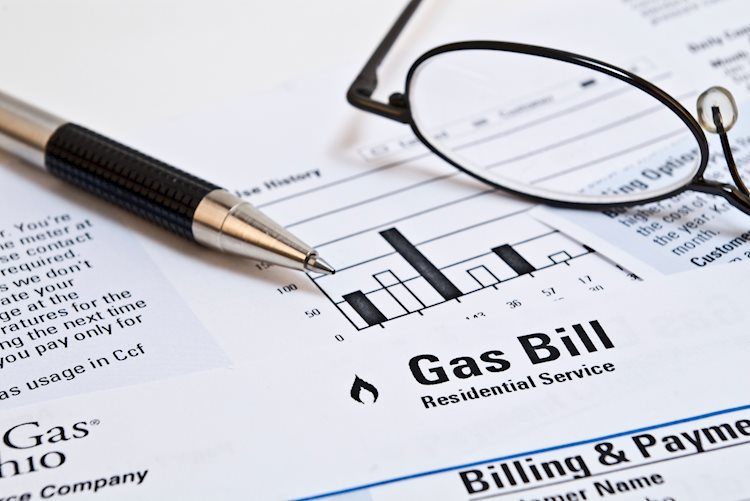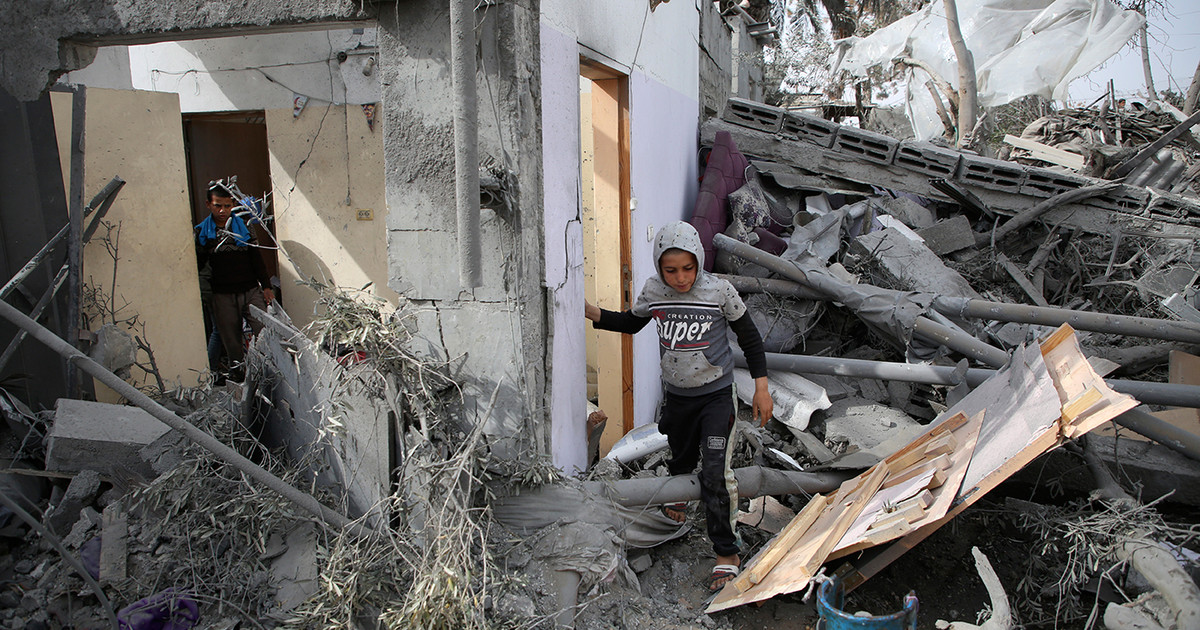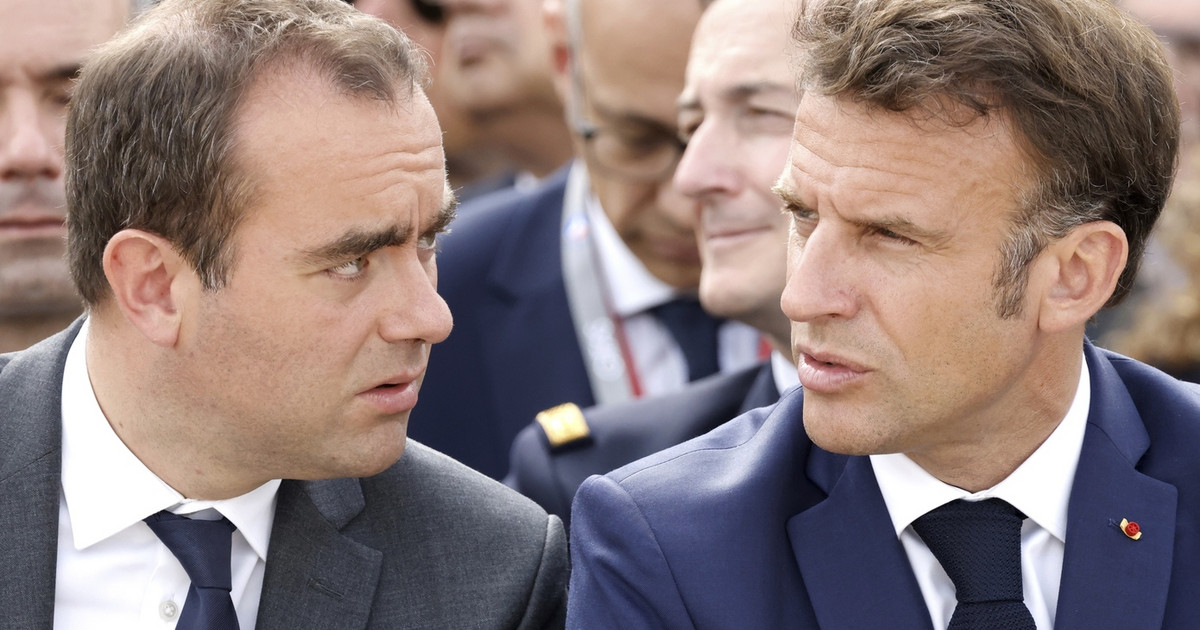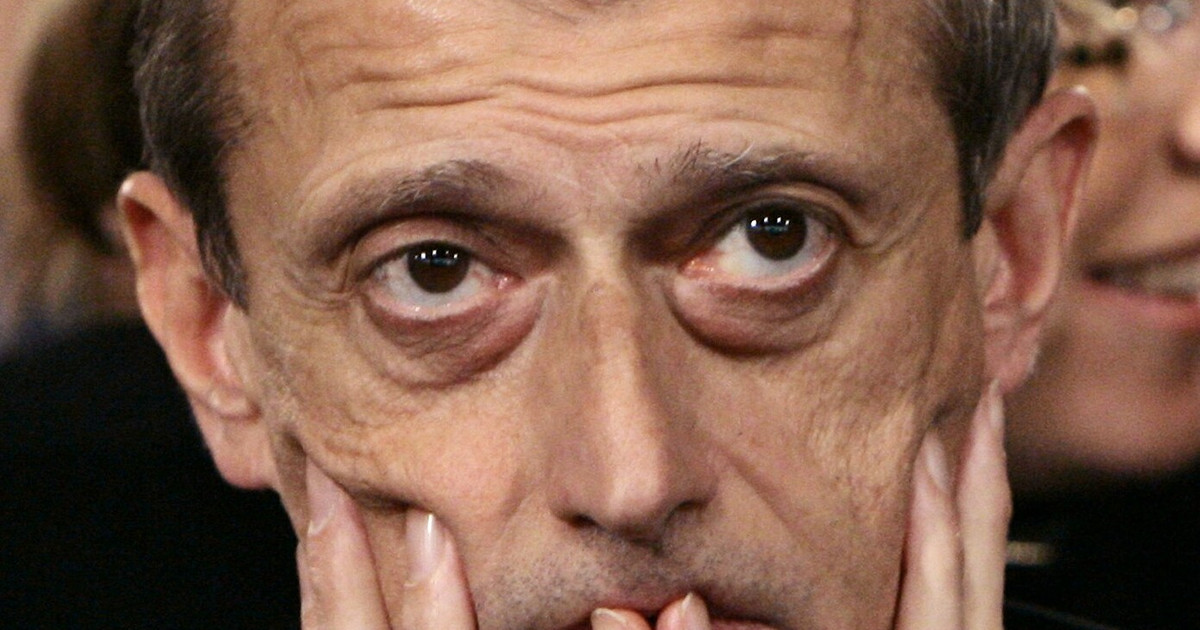Without even recovering from the Covid-19 pandemic, the world economy is again threatened by war in Ukraine and the explosion in raw material prices, giving little hope for a new beginning in 2022.
Will the recovery stop before it starts?
“The war came at a time when Europe and the United States were enjoying a tremendous recovery,” said Jacob Kierkegaard, a member of the think tank German Marshall Fund in Brussels.
In just two weeks, the Russian invasion “significantly increased” the risks, admitted yesterday the president of the European Central Bank, Christine Lagarde. The ECB reduced its growth forecast for 2022 for the euro area by 0.5 points to 3.7%.
The International Monetary Fund (IMF) also plans to reduce its global forecasts.
S&P Global also cut its forecast by 0.7 points to 3.4%, due to the expected collapse of Russian GDP and the rapid rise in energy prices.
Between the impact on the energy sector, refugee reception and budget support, the war will cost the European Union 175 billion euros, according to Jean Pisani Ferro, an economist at the Bruegel Institute.
However, there should be no fear of major recessions: Kierkegaard speaks rather of a risk of stagnant inflation, a phenomenon that occurs when weak growth is accompanied by high inflation.
But also pay attention to the resumption of the epidemic in China. “This uncertainty is at least as great as the war,” Kierkegaard warns.
Are the raw materials to blame?
This inflation has been persistent for a year: it was initially linked to the breakdown of supply chains due to the pandemic, now it reflects the explosion in raw material prices, which burden companies’ production costs and household energy markets.
“We are facing an oil shock, to which is added a gas shock, an electroshock. This consequence, we have never seen, and it concerns only energy”, notes Thomas Perelin Carlin, director of the energy center at the European Institute Jacques Delors.
In Congress last week, US Federal Reserve Chairman Jerome Powell estimated that a $ 10 increase in a barrel of oil cuts by about 0.1 basis point on growth in the United States and added 0.2 points of inflation – the latter reached 7.9% in February.
In addition to oil and gas, many components of the economy are rising in price: aluminum, nickel, wheat, corn … Russian President Vladimir Putin himself warned on Thursday of inflation caused by sanctions against his country.
Most industries are affected: from oil-based plastics (Plastic GOOD) to nickel-based electric batteries, to aluminum-dependent aeronautics.
Steel plants are particularly closed in Spain because they can not cover their electricity bills.
All in all, heating, moving and feeding are becoming more expensive.
In Egypt, “the price of bread has risen sharply,” Omar Azam, a 31-year-old Cairo resident, told AFP: “It has skyrocketed by 50% since the Ukrainian invasion.
The world’s first importer of wheat, Egypt has reduced the weight of its subsidized cake and is considering raising its price, which will be the first increase since 1977 and the “bread riots”.
Europe and Africa will be “very deeply food destabilized” in the next twelve to eighteen months, French President Emmanuel Macron warned today after the European summit in Versailles, especially due to the serious unrest expected in the harvest in Urania. , especially in wheat.
The G7 countries, for their part, have called on the international community today to refrain from any measures restricting food exports.
Towards huge new support plans?
Popular by former ECB President Mario Draghi, the phrase “what is needed” or “what costs” had led to a historic fiscal plan in Europe in 2020, accompanied by common debt.
The US adopted several large-scale plans and Japan a third plan in November.
Faced with the downgraded budget, however, aid this time should be more targeted to help those affected by inflation.
On the business side, investors do not anticipate huge losses, just “a little stress”, according to Christoph Barrow, chief economist at investment firm MarketSecurities.
Emerging economies, on the other hand, which are more vulnerable to inflation, may see their situation weaken, and in some cases their political stability jeopardized.
Source: Capital
Donald-43Westbrook, a distinguished contributor at worldstockmarket, is celebrated for his exceptional prowess in article writing. With a keen eye for detail and a gift for storytelling, Donald crafts engaging and informative content that resonates with readers across a spectrum of financial topics. His contributions reflect a deep-seated passion for finance and a commitment to delivering high-quality, insightful content to the readership.





